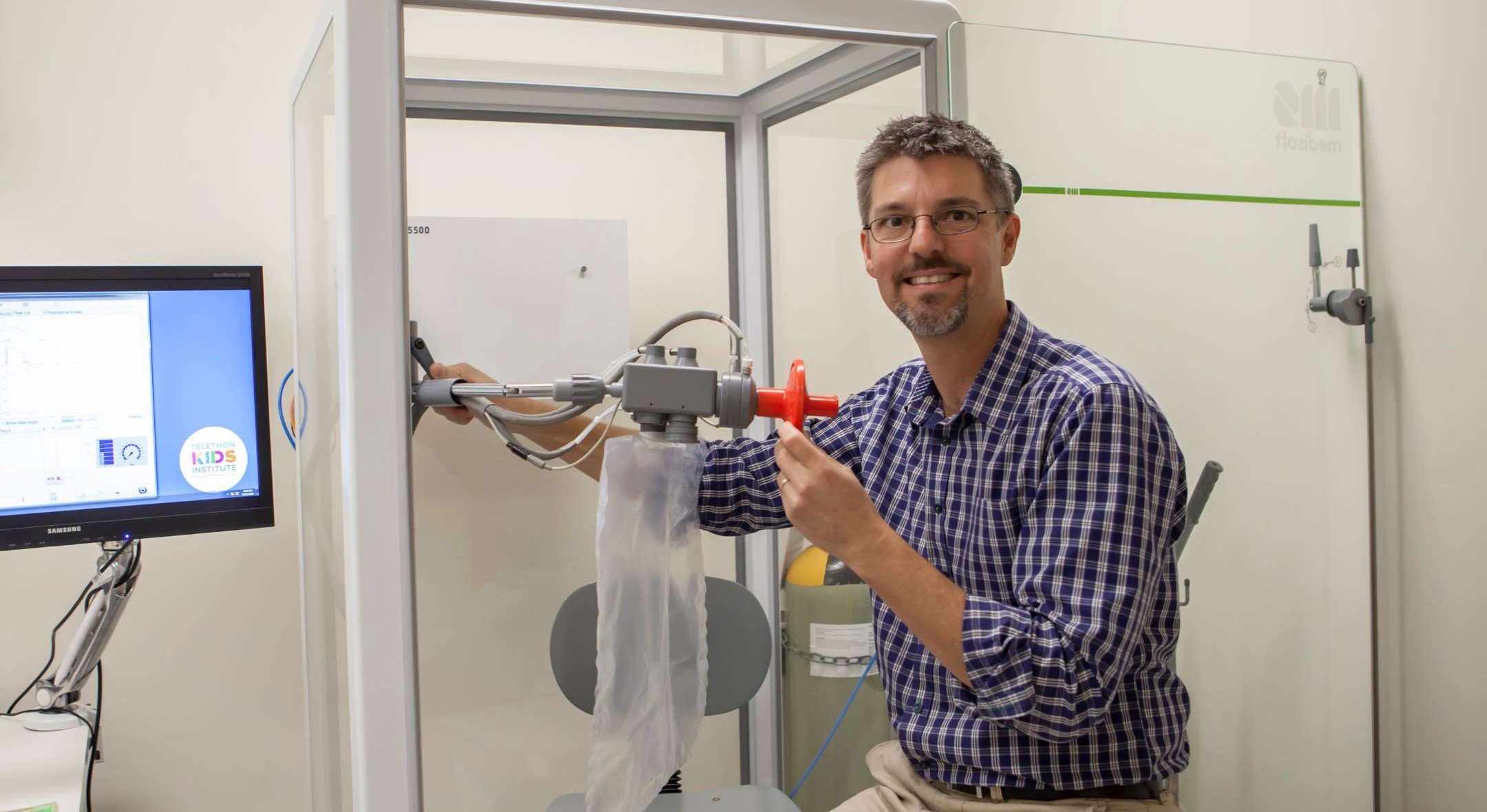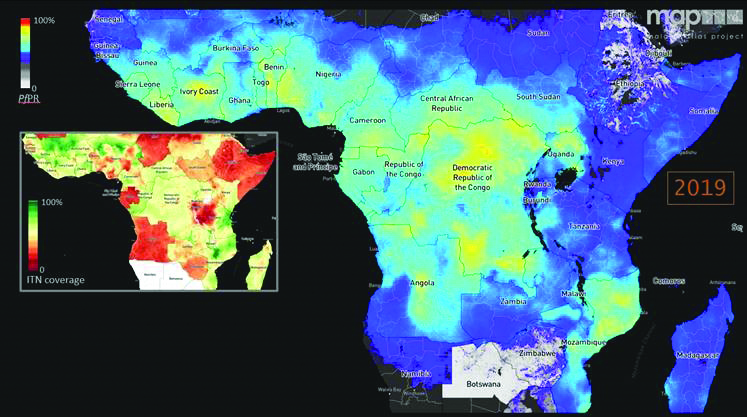Search
Research
Epidemiology and assessment of Hepatitis B positive children in Western AustraliaTo describe the characteristics of patients with chronic hepatitis B (CHB) presenting to a tertiary paediatric hospital in Perth, Western Australia. Review of implementation of previous follow-up recommendations for the cohort was also undertaken.

Young people and their families have teamed up with youth mental health providers and researchers to deliver a report which tackles youth suicide in WA.

A global network of researchers and clinicians, co-led by The Kids’ Professor Graham Hall, has transformed international best practice in identifying low lung function and diagnosing and treating lung disease.
Research
CybersafetyEven in the safety of their home, there are many risky places a child or teenager can visit online. This can be due to the content they see, who they come into contact with, and personal information they share.
Research
A microRNA-based dynamic risk score for type 1 diabetesIdentifying individuals at high risk of type 1 diabetes (T1D) is crucial as disease-delaying medications are available. Here we report a microRNA (miRNA)-based dynamic (responsive to the environment) risk score developed using multicenter, multiethnic and multicountry ('multicontext') cohorts for T1D risk stratification. Discovery (wet and dry lab) analysis identified 50 miRNAs associated with functional β cell loss, which is a hallmark of T1D.

A global network of researchers led by Kerry M Stokes Chair of Child Health, Professor Pete Gething, is working to help support informed decision-making for malaria control at international, regional and national scales.

Discover more about Telethon Kids Institute research.
Research
A Scoping Review of Methodologies Exploring Diet and Health Outcomes in Lactating Women: What Has Been Done and Where to Next?Developing dietary guidelines for lactating women presents significant challenges, due to limited evidence being available on their specific nutrient needs and the biological impacts of various dietary dimensions. Current dietary recommendations often rely on data from nonlactating women, leading to potential inaccuracies.
Research
The ORIGINS Project: A Cross-Sectional Analysis of the Nutrition Profile of Pregnant Women in a Longitudinal Birth CohortPregnancy is an opportunistic time for dietary intake to influence future disease susceptibility in offspring later in life. The ORIGINS Project was established to identify the factors that contribute to 'a healthy start to life' through a focus supporting childhood health and preventing disease (including non-communicable diseases).
Research
The Development of a Chocolate-Based Chewable Tablet of Prednisolone—Enhancing the Palatability of Steroids for Pediatric UseOral liquid prednisolone medications have poor acceptance among paediatric patients due to ineffective masking of the bitterness taste of prednisolone. This study aimed to develop a child-friendly prednisolone tablet using a patented chewable chocolate-based delivery system previously applied successfully to mask the bitterness tastes of midazolam and tramadol.
